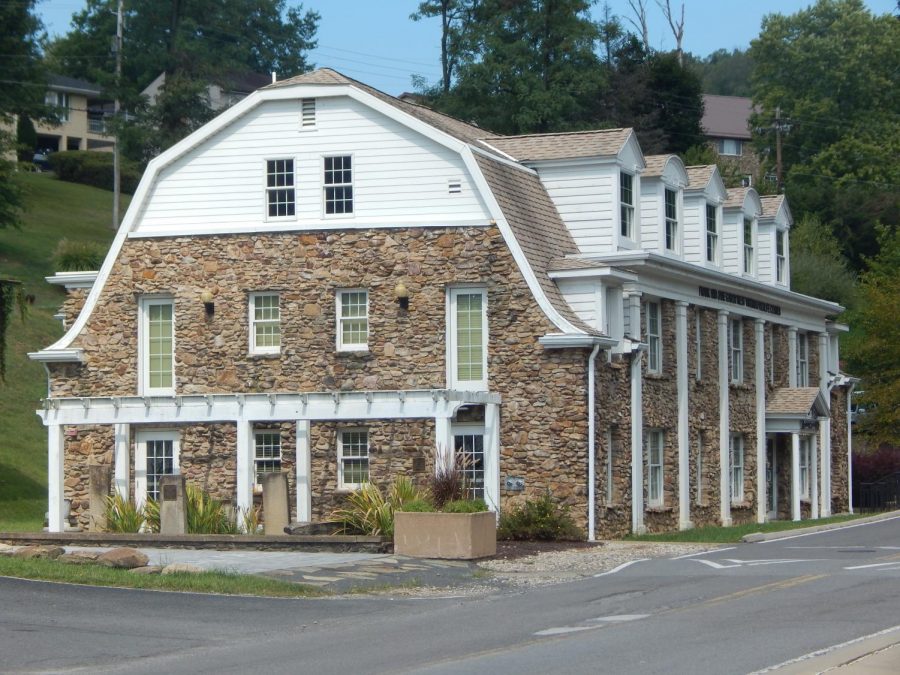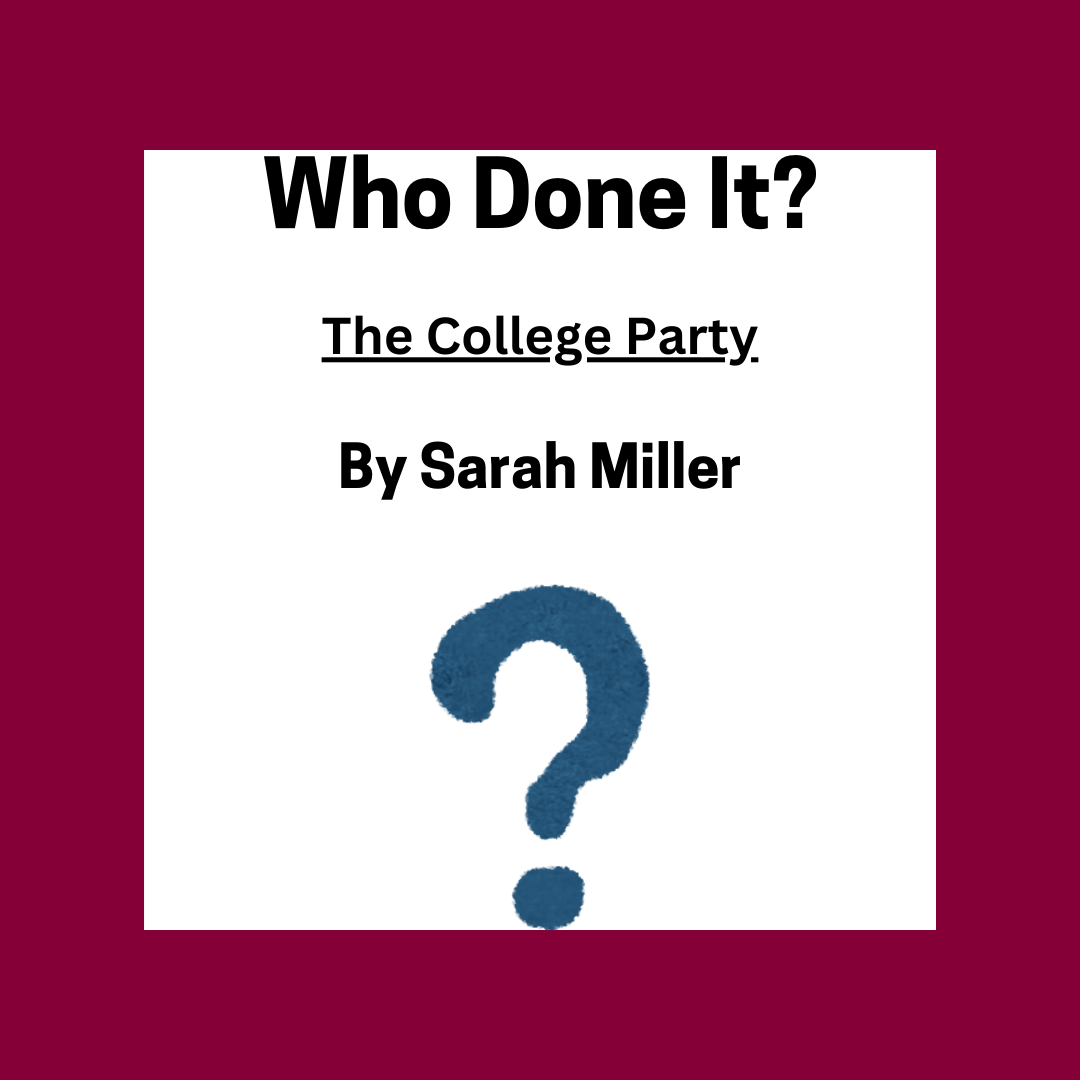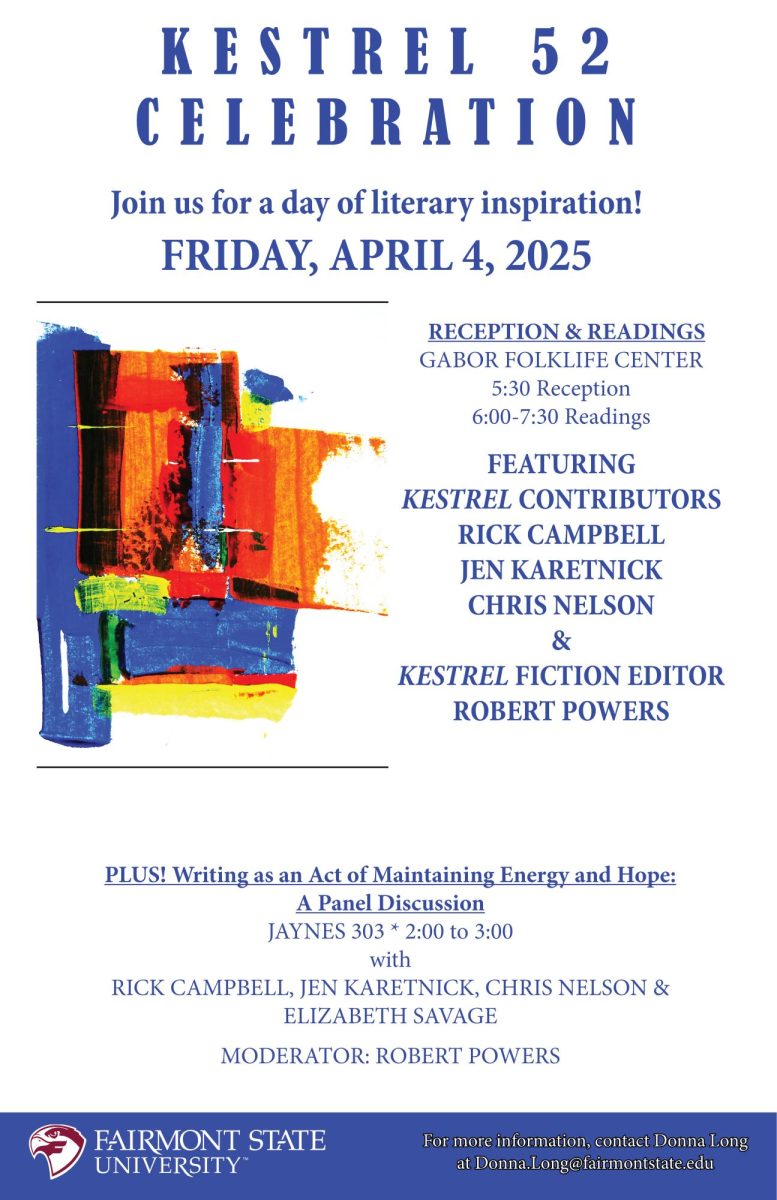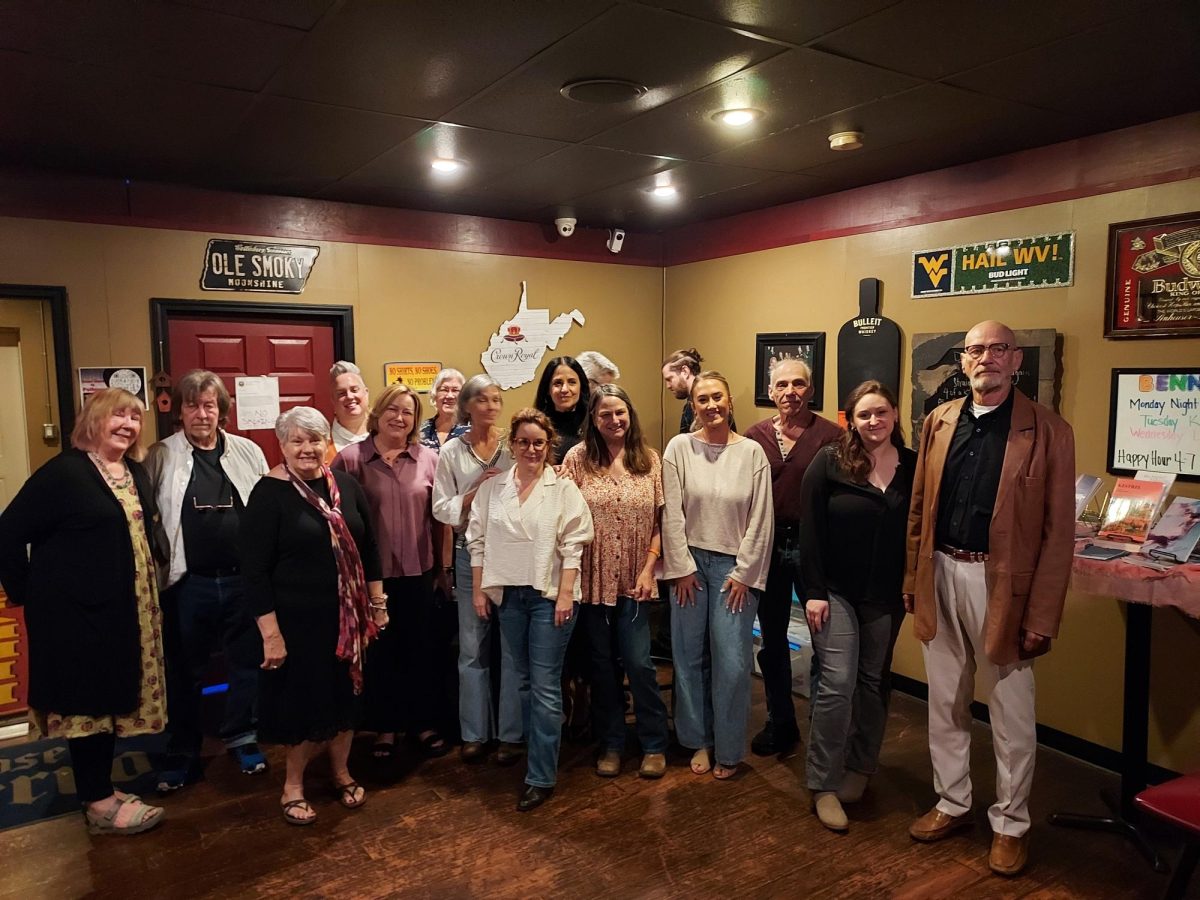The Humanities Department at Fairmont State University recently hosted two community-filled events for the English program on Apr. 4 and Apr. 5, both of which exhibited the importance and hope of writing in an age that values other fields above the arts.
The 52nd Kestrel and Literary Symposium both took place to highlight writers’ works as they read selected pieces. Kestrel focused on poets across the country as well as Fairmont State University faculty, while The Literary Symposium gave students across the state the opportunity to share their own analysis writings.
Dr. Matthews said, “Nothing good can happen when our voices are silent and our pens are still. So, let us celebrate writing because we are not fully human in its absence.”
Kestrel began with a panel discussing hope and energy in writing, which took place in Jaynes Hall. Dr. Robert Powers moderated this panel, which included poets Rick Campbell, Jen Karetnick, and Chris Nelson. Fairmont State University professor Elizabeth Savage also gave attendees amazing insight on the matter as a panelist.
All panelists discussed hope in their own writing guided by Dr. Power’s questions from himself and students on a variety of topics including politics, motivation, and goals in their poems.
Later that day, The Kestrel Recession and Reading started with an introduction by Fairmont State University’s Dr. Donna Long and Dr. James Matthews. Poets followed by reading and discussing their works. All of the readings were emotional and exhibited vulnerability. One example of this includes Chris Nelson’s reading of his poem written for his grandsons.
Dr. Robert Powers also read his own unique fiction works for the very first time at Fairmont State University after a kindhearted introduction and hug from Dr. Long that evoked emotion from the audience.
This Kestrel Event emphasized the support and community amongst writers and their ability to convey vulnerability with one another, which is not commonly seen in other fields.
On Apr. 5, the Literary Symposium took place in Fairmont State University’s Falcon Center. At this event, college students from a variety of schools came together to share their researched analysis writings with attendees.
Giving opening remarks for the symposium, Dr. Schwer said, “The vital function of literary study is to keep alive the potential of imagination to positively affect our world in a time in our country where the schism of political divides threatens our stability and mocks our United States, it is literature that may save us by allowing us to imagine how others see the world.”
Students read from a variety of standpoints, such as feminism, surveillance, and religion with support from moderators, family members, and Fairmont State University faculty.
Even from an academic standpoint, this community of writers came together to discuss important topics and support each other. Professors, family members, and even other readers offered words of encouragement and praise toward all participants.
These events reflect the community and support offered by the Humanities Program at Fairmont State University and other universities. They encourage discussion and personality through writing as well as an impressive set of professors dedicated to passing on their passion for writing as seen through these events.









